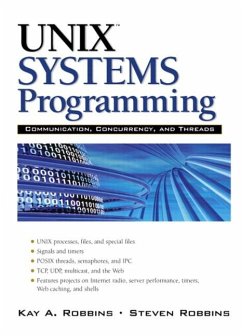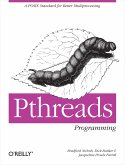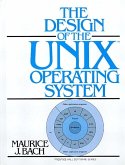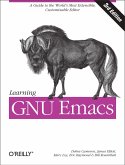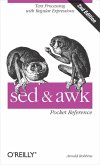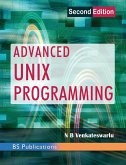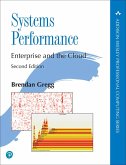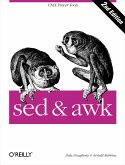Appropriate for all intermediate-to-advanced courses in UNIX or Linux programming. This fully updated UNIX classic covers everything students need to know to master UNIX threads, TCP/IP, and RPC programming—with reusable code examples that explain syntax every step of the way. The authors explain the fundamentals of UNIX programming, focusing on communication, concurrency, and multithreading techniques: how they work, when to use them, and how to use them most effectively. This Second Edition includes entirely new chapters on programming for the Web and multicasting, as well as thoroughly revised and updated coverage of RPC. Coverage also includes files, signals, semaphores, POSIX threads, and client-server communication. The authors illustrate the best ways to write system calls, they present several hands-on projects designed to help students quickly improve their skills. Throughout, the authors present short code examples and simplified network communication libraries, demonstrating how to design complex software to achieve the best possible reliability and performance.
Hinweis: Dieser Artikel kann nur an eine deutsche Lieferadresse ausgeliefert werden.
Hinweis: Dieser Artikel kann nur an eine deutsche Lieferadresse ausgeliefert werden.

